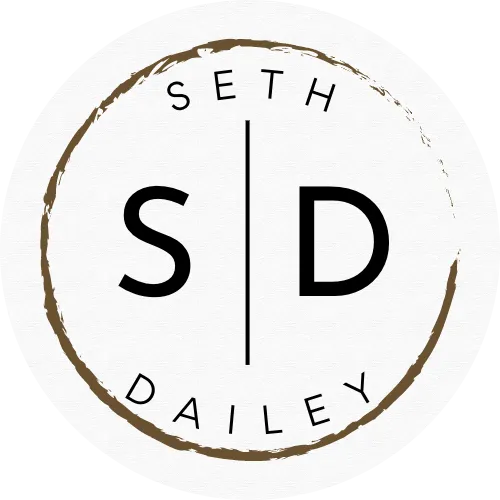
Optimize Your Financial Structure for 2024: A Comprehensive Checklist
Introduction:
As we usher in the new year, it's the perfect time to evaluate and ensure our financial structures are optimized for success. Whether you're an entrepreneur, freelancer, or someone looking to streamline their finances, setting up the right banking and credit card accounts is crucial. Drawing from a recent class with our agents, I've compiled a checklist of best practices for organizing your finances in 2024.
Bank Accounts Breakdown
Business Operating Account: Start by assessing your monthly business expenses to calculate your burn rate. Aim to keep 1.5 months' worth of expenses in this account, replenishing it monthly. This ensures your business operations can continue smoothly without financial hiccups.
Business Savings Account: Direct additional commissions into this account to build a robust savings buffer. Strive for a goal of having 6-12 months of expenses saved, offering peace of mind and financial security for your business.
Business Tax Account: Allocate funds to this account with every transaction to prepare for tax obligations. While consulting with a tax professional for specific advice is crucial, starting with 25% of your commissions can set you on the right path and help avoid tax bill surprises.
Personal Checking Account: This account serves as your financial hub for daily expenses, bill payments, and purchases. Knowing your personal monthly burn rate allows you to maintain 1.5 months of personal expenses in this account, ensuring personal financial stability.
Personal Savings Account: Echoing the strategy of your business savings, aim to accumulate 6-12 months of personal expenses in your savings for an added layer of personal financial security.
Investment Account: Once your savings accounts reach their targets, it's time to consider investing. An investment account can help your money grow over time and support long-term financial goals.
Credit Card Strategy
Personal Card: Simplify household expense management by using a single card for all personal expenditures. This aids in tracking spending and managing finances efficiently.
Business Card: Likewise, dedicate a separate card for all business-related expenses to avoid co-mingling funds. This practice is essential for accurate financial reporting and tax preparation.
Owner Card: For expenses that fall under "owner perks," use a distinct card. This can include anything from business-related travel to meals. Consultation with a tax advisor is recommended to navigate potential tax implications properly.
Implementing this structured approach to your bank and credit card accounts can significantly enhance your financial management, both personally and for your business. As we dive into 2024, take this opportunity to review, adjust, and optimize your financial setup for a prosperous year ahead. Remember, financial clarity and organization are key to achieving your goals and ensuring peace of mind.

